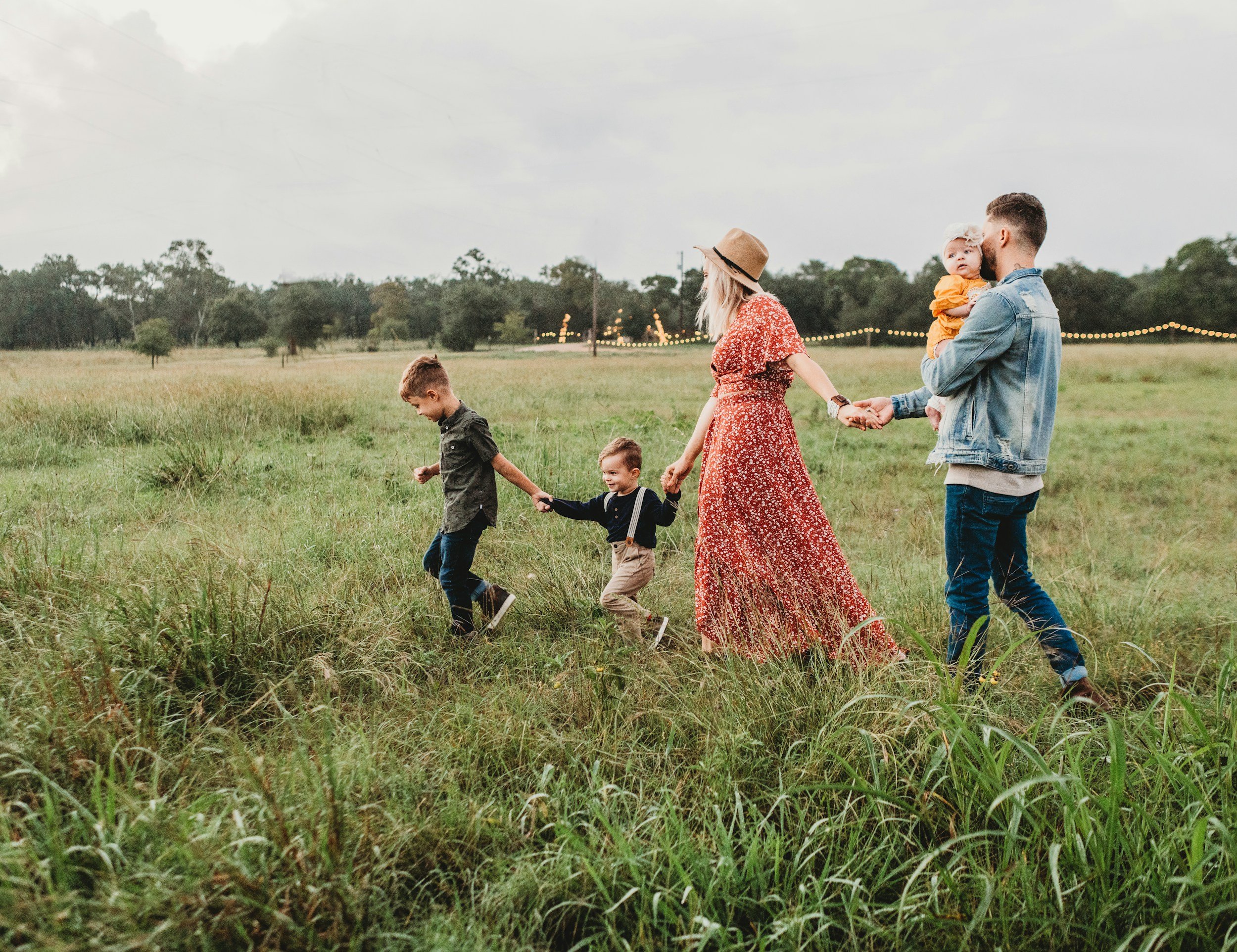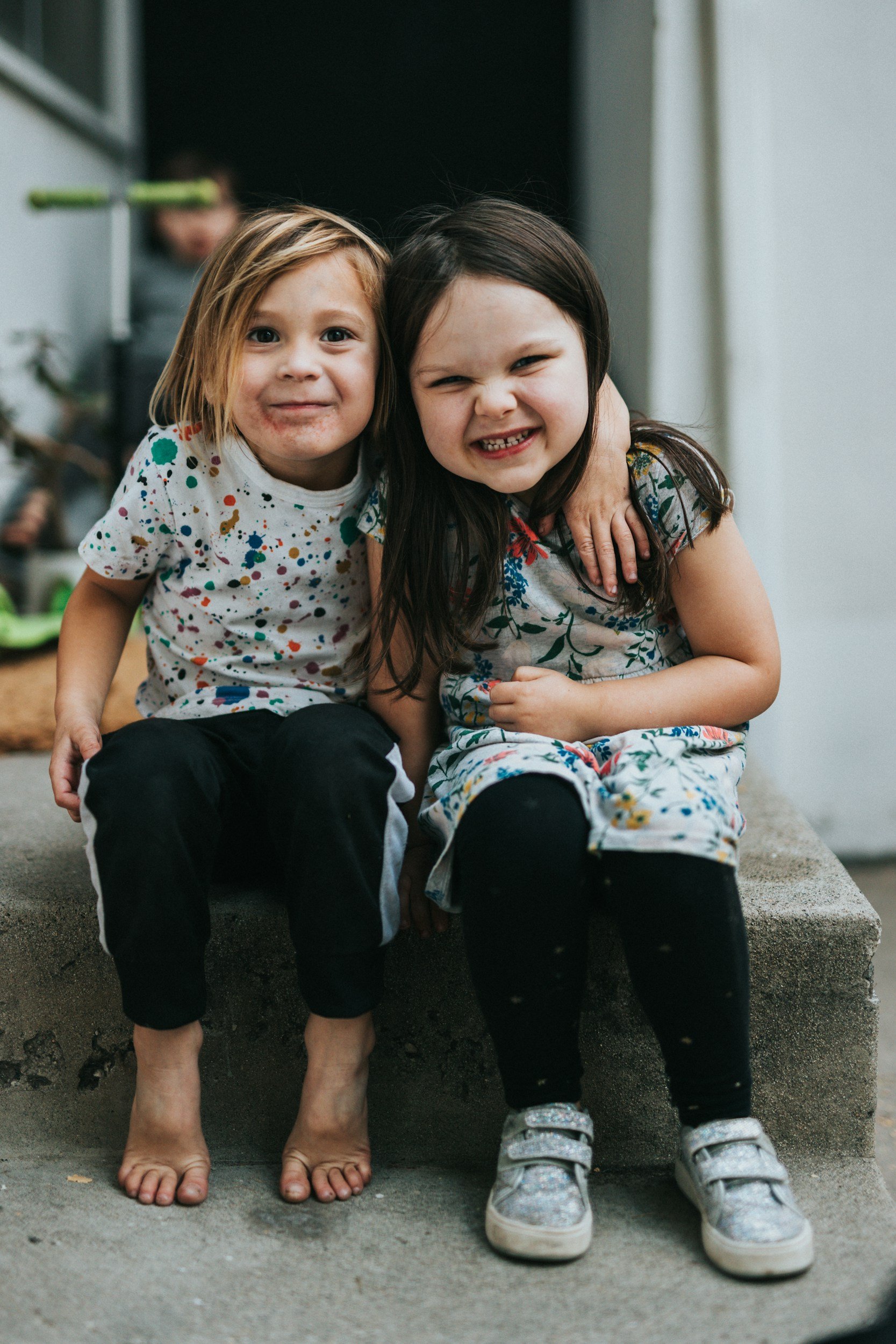4 Reasons Why Diet Culture Talk is Harmful to Kids During the Holidays
The holidays are a time for joy, connection, and celebration. But for many families, they’re also filled with subtle (or not-so-subtle) diet culture talk: skipping meals to "save calories," guilt over enjoying dessert, and comments about body changes after indulging in festive meals - it also feels intensified with the rise of ozempic.
While these behaviors may seem normal or harmless, they can send powerful messages to kids—messages that shape how they view food, their bodies, and their self-worth. Here’s why it’s especially important to be mindful of diet culture talk during the holidays:
1. Shapes Negative Body Image Early
Kids notice the way adults talk about their bodies, especially during holiday gatherings when comments about “holiday weight gain” or “needing to detox after New Year’s” are so common.
Hearing these messages teaches children to associate their value with their appearance. Instead of enjoying the holiday magic, they may start worrying about how they look or what others think of them. Let’s protect their joy by keeping body comments out of holiday conversations.
2. Encourages Disordered Eating Habits
When kids hear adults say things like, “I shouldn’t eat this” or “I’ll need to work off that pie tomorrow,” they learn that food is something to fear or feel guilty about.
The holidays should be about sharing meals and memories—not attaching shame to food choices. By modeling food freedom, we can help kids develop a healthier relationship with food for years to come.
3. Distracts from Listening to Hunger and Fullness Cues
The holiday season is full of talk about “earning” or “burning off” treats, which can overshadow kids’ ability to listen to their own hunger and fullness cues.
Skipping meals to “save room” or “make up for” indulgences disrupts their natural connection to their bodies. Instead, encourage them to honor their hunger and enjoy all the delicious foods the season has to offer, no strings attached.
4. Creates a Harmful Moral Hierarchy Around Food
During the holidays, foods are often labeled as “good” or “bad”—cue the endless conversations about “naughty” vs. “nice” eating habits.
When kids hear these labels, they may start to believe that eating “bad” foods makes them bad people. This kind of thinking can lead to shame, guilt, and anxiety around food, making it harder for them to simply enjoy the holiday season. Let’s normalize celebrating all foods, from cookies to casseroles, without judgment.
The Bottom Line: Protecting Holiday Joy
The holidays are a special time for kids to soak in joy, love, and connection—not guilt or worry about their bodies or what’s on their plates. By eliminating diet culture talk from holiday gatherings, we can help them build confidence and trust in themselves while focusing on what truly matters.
This season, let’s replace food guilt with gratitude, and body comments with compliments about kindness, creativity, or enthusiasm. Let’s help our kids feel empowered to enjoy the holidays without fear or shame.
Your words matter. How will you create a diet-free holiday this year? Share your thoughts below!


